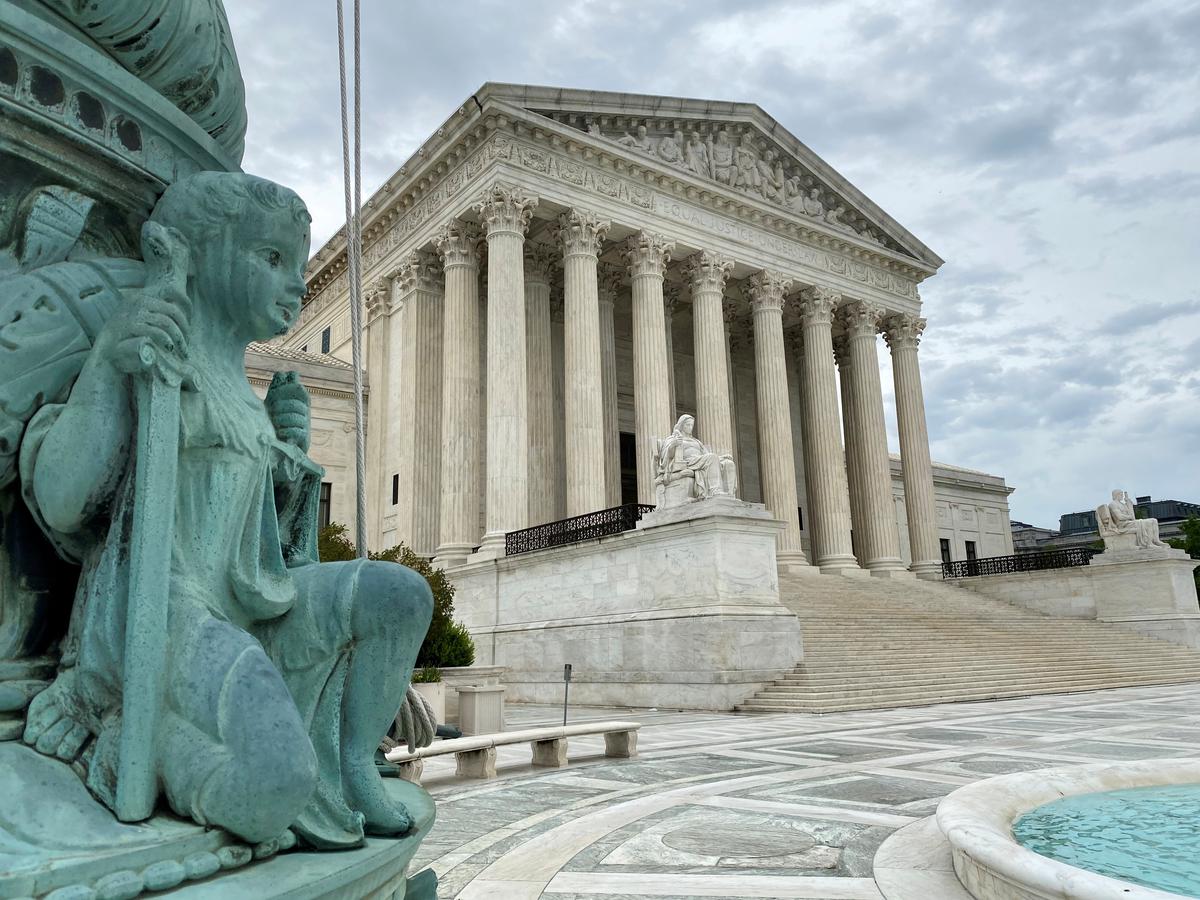WASHINGTON (Reuters) – The U.S. Supreme Court on Monday delivered a watershed victory for LGBT rights and a defeat for President Donald Trump’s administration by ruling that a longstanding federal law barring workplace discrimination protects gay and transgender employees.
The landmark 6-3 ruling represented the biggest moment for LGBT rights in the United States since the Supreme Court legalized same-sex marriage nationwide in 2015. Two conservative justices joined the court’s four liberals in the decision: Neil Gorsuch, a 2017 Trump appointee who wrote the ruling, and Chief Justice John Roberts.
The justices decided that gay and transgender people are protected under Title VII of the Civil Rights Act of 1964, which bars employers from discriminating against employees on the basis of sex as well as race, color, national origin and religion.
Workplace bias against gay and transgender employees had remained legal in much of the country, with 28 U.S. states lacking comprehensive measures against employment discrimination. The ruling – in two gay rights cases from Georgia and New York and a transgender rights case from Michigan – recognizes new worker protections in federal law.
“The Supreme Court’s historic decision affirms what shouldn’t have even been a debate: LGBTQ Americans should be able to work without fear of losing jobs because of who they are,” said Sarah Kate Ellis, president of the gay rights group GLAAD.
The legal fight focused on the definition of “sex” in Title VII. The plaintiffs, along with civil rights groups and many large companies, had arg

